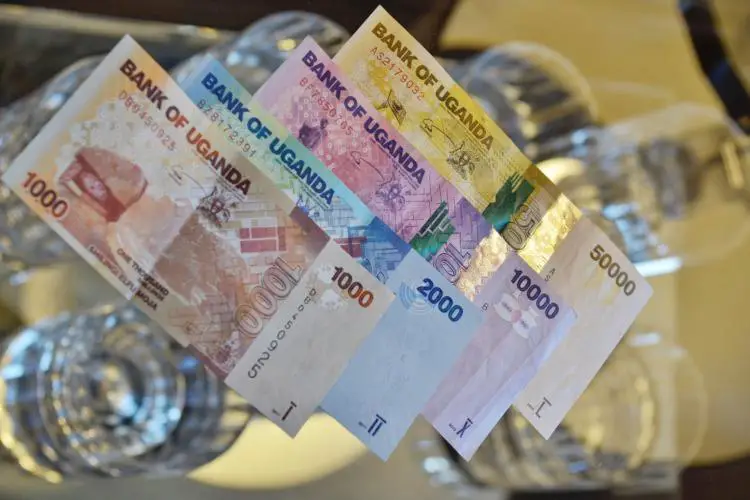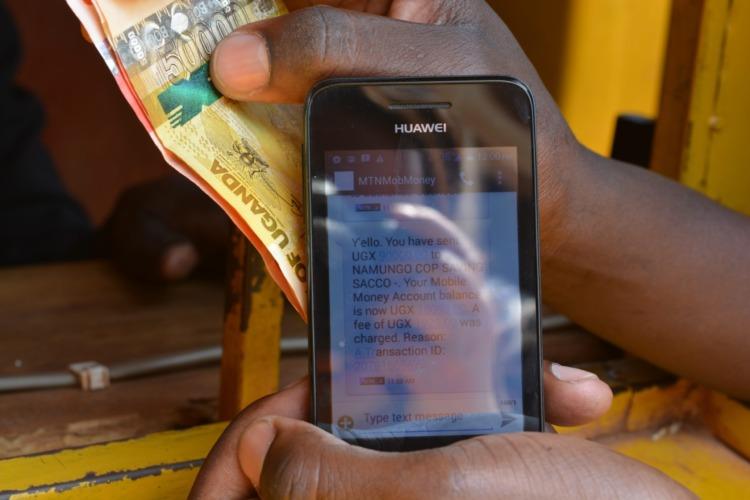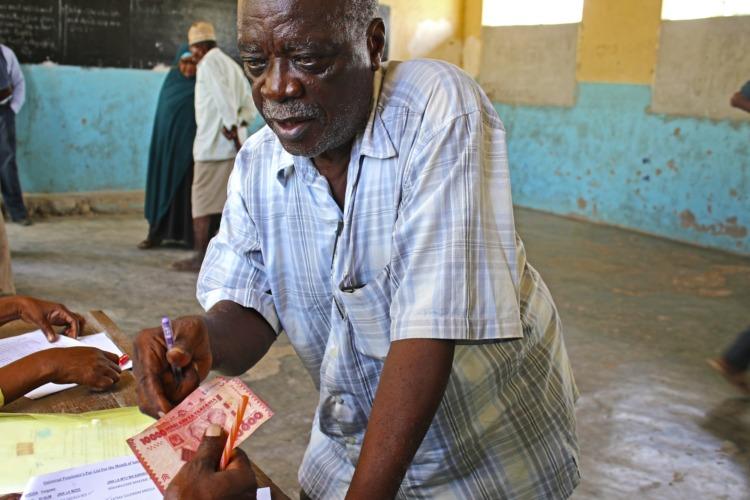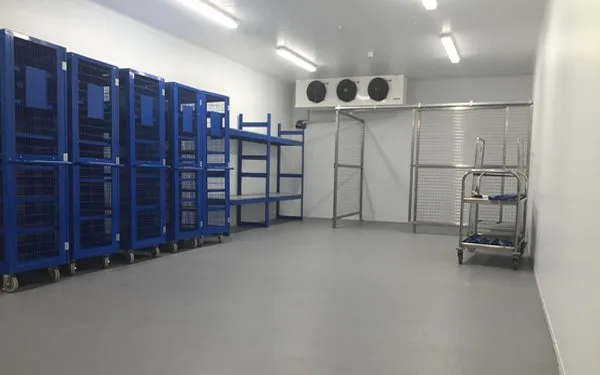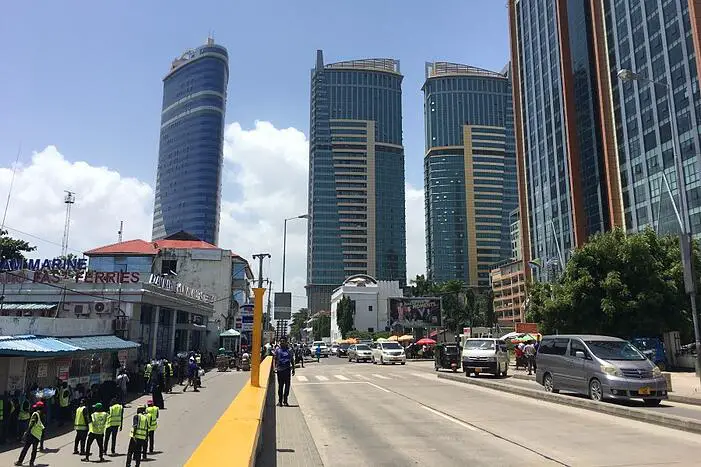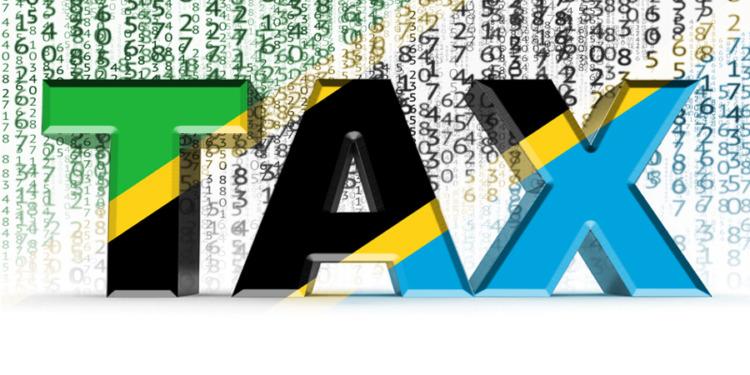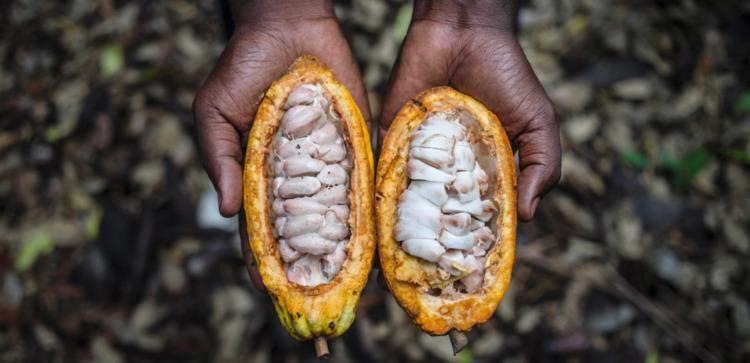- AI’s Dual Capacity and a Strategic Opportunity for African Peace and Security
- How African economies dealt with the 2025 debt maturity wall
- Africa’s Green Economy Summit 2026 readies pipeline of investment-ready green ventures
- East Africa banks on youth-led innovation to transform food systems sector
- The Washington Accords and Rwanda DRC Peace Deal
- Binance Junior, a crypto savings account targeting children and teens debuts in Africa
- African Union Agenda 2063 and the Conflicts Threatening “The Africa We Want”
- New HIV prevention drug is out — can ravaged African nations afford to miss it?
Author: Padili Mikomangwa
Padili Mikomangwa is an environmentalist based in Tanzania. . He is passionate about helping communities be aware of critical issues cutting across, environmental economics and natural resources management. He holds a bachelors degree in Geography and Environmental Studies from University of Dar es Salaam, Tanzania.
African economy has sustained significant impacts due to the pandemic Several sectors such as tourism and trade have been impacted significantly Despite the virus, Africa has demonstrated important issues towards handling pandemics One of the most vibrant economies in the world, sub-Saharan Africa is slated to bounce back from the shocks of COVID-19 which left a number of economies shaken to the core and hundreds of lives lost. Despite the pandemic limiting several economic functions such as international travel—which marred tourism operations in East Africa, the region is expected to score growth of 3.3 per cent in 2021, according…
Mobile money is growing fast in East Africa Despite of the pandemic, still mobile money regulators enabled its performance Financial technologies are changing the way unbanked populations access finance services Mobile money is still king in Africa and will be so for long. With more than 548 million (up 12 per cent) registered accounts attached to a 27.4 billion transaction volume worth $490 billion, Africa stands to draw billions from mobile money and transform its economies significantly (GSMA 2021). Thanks to financial technology (fintech) which has accelerated financial inclusion in sub-Saharan Africa, now more than ever, the unbanked population in…
Tanzania has went through significant changes in its pension schemes over the past years Pension funds have becomes a useful tool in the wake of the pandemic Nigeria,Kenya, Namibia, Bostwana and Mauritius demonstrate serious activity in pension fund growth Pension funds are now an instrumental tool in the economy across Africa that play a major role in building long-term finance and capital markets, through mobilization and allocation of stable and long-term savings to support investment, according to Making Finance Work for Africa. In a nutshell, according to Corporate Finance Institute, the pension fund is an endowment that accumulates capital to…
African Development Banks (AfDB) one of Africa’s vibrant development funders have levitated the cold storage chain industry in East Africa, by supporting it with a $10 million equity investment. According to the bank’s statement, AfDB’s board of directors approved the sum which is part of the ARCH Cold Chain Solutions East Africa Fund (CCSEAF), which is targeted at supporting the development, construction and operation of greenfield cold storage, temperature-controlled solutions and distribution facilities in East Africa. At the moment, several startups and business solutions have been established across East Africa, tackling storage challenges, one of them is Cold Solutions East…
As the world and the East African region continue to recover from different kinds of economic shocks triggered by Covid-19, inflation in Tanzania has also taken different turns. According to the review, in August 2021, twelve-month inflation remained at 3.8 per cent, which is noted to be the same, as the last month.
On the other side of the fence, the review showed that core inflation—of which its index calls of the largest share in consumer price index (CPI), rose to 4.5 per cent in August 2021 from 4.1 per cent in July 2021, this is attributed to the increase in transport costs, “reflecting an upward shift in fuel prices”.
Things seemed to work better in food inflation, whereby annual food inflation—excluding alcoholic beverages, slimmed down to 3.6 per cent from 5.1 per cent, the review argues that this is due to a decrease in prices of maize and maize flour, meat, vegetable and beans.
Energy, fuel, and utility inflation increased to 5.1 per cent in August 2021 from 3.6 per cent in July 2021 12-month inflation remained at 3.8 per cent which is the same rate as the previous month Interest rates charged on loans by banks remained unchanged The Tanzania Central Bank (BoT) released the monthly economic review last week, which breaks down the performance of different economic sectors, of which most portions of the economy portrayed modest performance. Inflation The report showed that, in August 2021, twelve-month inflation remained at 3.8 per cent which is the same rate as the previous month,…
As a low-middle-income country, Tanzania is fairly doing its best in financing its development efforts by utilising its internal funding strategies, and tax is a part of that. In the past five years, under the leadership of the late President John Magufuli, Tanzania broke its revenue collection record and managed to self-finance nearly 40 per cent of dividends collected from companies it holds a stake in. Earlier last year, Tanzania Revenue Authority (TRA) hit a record collection of 100.02 per cent of its total revenue in December 2019, of which it exceeded its monthly target, which was more than $860…
Across the region, agriculture has been a crucial economic activity that has to levitate communities’ economies and promote some major changes, in farmer’s lives.
Farming has changed significantly over the past decade. This change has not occurred or is being adopted evenly across the globe. Europe, North, South America, and Asia have been developing and utilizing agriculture mechanization quite fast.
However, the latter has not been active in sub-Saharan Africa for a while. For the record, farming practices present during the 1960s when most of Africa, was liberating itself from colonial hands, are largely being divorced currently.
As the number of people demanding food supply has kept increasing since 2015 from 1.1 million to 2.7 million, Cameroon is striving to keep its farming systems updated and strong. According to the Aid and International Development Forum, 57 per cent of the rural people live in poverty.
Cameroon has more than 28 million people and like the rest of other African nations, it is endowed with rich natural resources, including oil and gas, but more importantly, Cameroon has a wide variety of agricultural products, such as coffee, cotton, cocoa, maize and cassava.
Tanzania has always run on a wider and richer path of reliable business partners, and the United Arab Emirates (UAE) is one of them. The two countries have been engaging in a number of diplomatic and economic operations since 1974, and they have built a healthy partnership. With the new administration led by President Samia Suluhu, which is strictly focused on opening and building strategic partnerships with other countries, the UAE and Tanzania could foster more tangible business relations, from the extractives sector to tourism and hospitality. The new administration is now streamlining deliberate efforts to promote tourism and industrial development to create…





